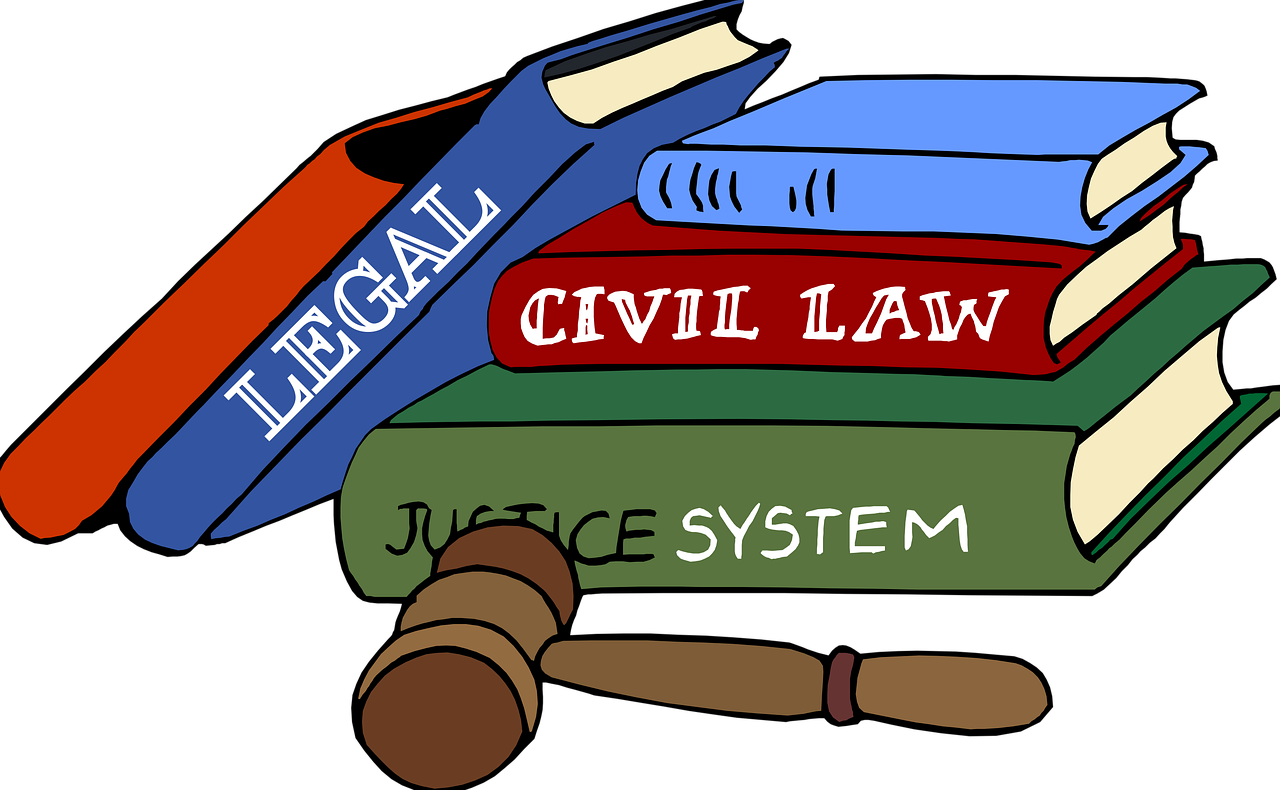In Kenya, tenant rights are safeguarded by a comprehensive legal framework designed to ensure fair treatment and protection for individuals renting residential and commercial properties. These rights are enshrined in the Constitution and various statutes, including the Landlord and Tenant (Shops, Hotels and Catering Establishments) Act (Cap 301), the Rent Restriction Act (Cap 296), and the Distress for Rent Act (Cap 293). Additionally, the proposed Landlord and Tenant Bill, 2021, aims to consolidate and enhance these protections.
Core Tenant Rights in Kenya
1. Right to Security of Tenure
Tenants are entitled to occupy rented premises without arbitrary eviction. Under Cap 301, landlords must obtain a court order to evict a tenant, ensuring due process is followed. The Rent Restriction Act further protects tenants in controlled areas by stipulating that evictions can only occur for specific reasons, such as non-payment of rent or breach of tenancy agreement, and only through a court order.
2. Right to Fair Rent
Tenants have the right to apply to the tribunal for the assessment of fair rent. The proposed Landlord and Tenant Bill, 2021, seeks to regulate rent increases by requiring landlords to provide notice and justifications for any rent adjustments.
3. Right to Non-Discrimination
Kenyan law prohibits landlords from discriminating against tenants based on race, ethnicity, religion, gender, disability, or any other protected characteristic. This right promotes equality and ensures all individuals have access to housing without facing prejudice.
4. Right to Privacy and Quiet Enjoyment
Tenants are entitled to the peaceful enjoyment of their rented premises without unreasonable interference from landlords or other tenants. Landlords must respect tenants’ privacy and can only enter the premises with reasonable notice and for legitimate reasons.
5. Right to Essential Services
Landlords are obligated to provide essential services such as water and electricity, as stipulated in the tenancy agreement. The denial of these services constitutes a breach of the tenant’s rights.
Read Also: Joint Ventures and Partnerships in Real Estate Investment in Kenya
Common Violations of Tenant Rights
Despite the legal protections in place, tenants in Kenya often face violations of their rights. Some common infringements include:
1. Unlawful Evictions
Landlords sometimes evict tenants without obtaining the necessary court orders, violating the tenant’s right to security of tenure. Such evictions are illegal and punishable under Kenyan law.
2. Disconnection of Essential Services
Some landlords unlawfully disconnect water or electricity to force tenants to pay rent or vacate the premises. This practice infringes upon the tenant’s right to essential services and is considered an offence.
3. Invasion of Privacy
Instances where landlords enter rented premises without notice or consent violate the tenant’s right to privacy and quiet enjoyment. Such actions are prohibited under the law.
4. Discrimination
Discriminatory practices during the rental process, including when selecting tenants or setting rental terms, are prohibited. However, some landlords still engage in such practices, infringing upon the tenant’s right to non-discrimination.
Remedies for Tenants Facing Rights Violations
Tenants whose rights have been violated have several avenues for recourse:
1. Seek Legal Redress
Tenants can file complaints with the Rent Tribunal, which has the authority to adjudicate disputes between landlords and tenants. The tribunal can issue orders to prevent unlawful evictions, restore essential services, and award damages.
2. Report to Authorities
In cases of unlawful eviction or disconnection of services, tenants should report the matter to the police or relevant authorities. Landlords found guilty of such offences can face fines or imprisonment.
3. Document Violations
Tenants should keep records of any violations, including written communications, photographs, and witness statements. This documentation can serve as evidence in legal proceedings.
4. Engage Legal Counsel
Seeking advice from a lawyer can help tenants understand their rights and the appropriate legal actions to take. Legal professionals can also represent tenants in tribunal or court proceedings.
Tenant rights in Kenya are well-established under various laws and the Constitution. However, violations of these rights still occur, necessitating awareness and enforcement. Tenants should familiarize themselves with their rights and the legal remedies available to ensure they are protected against unlawful practices by landlords.
Read Also: The Future of Nairobi’s Informal Settlements





